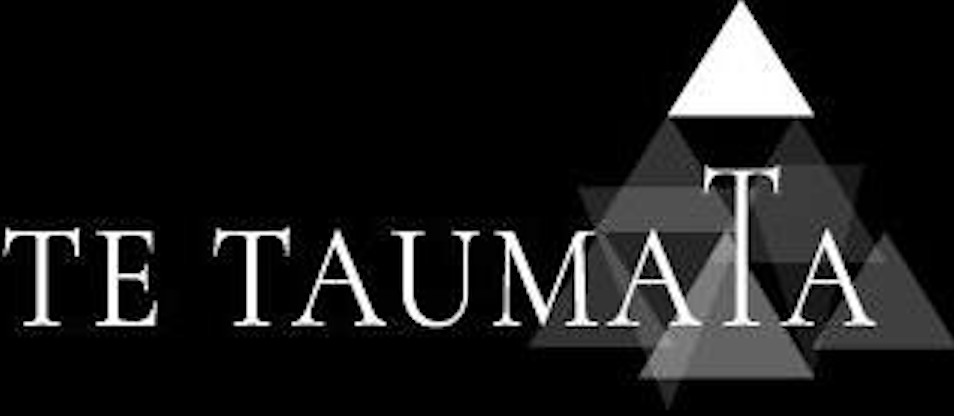New trade deal opens one of the largest world markets to Māori

Aotearoa New Zealand's ability to negotiate Free Trade Agreements (FTA) with some of the largest, high value markets in the world will open new doors for Māori in global export and trade.
Most recently, Aotearoa secured a significant agreement with the European Union (EU), unlocking access to one of the world's most lucrative markets and creating numerous opportunities for Māori whānau.
Key players in the NZ/EU FTA negotiations, as well as an independent economist, were among those invited to attend a regional trade hui to share their unique insights into what this deal will mean for Māori.
Facilitated and led by Te Taumata - New Zealand's leading Māori trade advocate - this hui, based in Waikato-Tainui, provided a platform to dissect the NZ/EU FTA and examine it from multiple angles.
Read more on these insights below.
Vangelis Vitalis - NZ Lead Negotiator
New Zealand Lead Trade Negotiator Vangelis Vitalis says the NZ/EU Free Trade Agreement (FTA) will create a level playing field for Māori exporters in the top-value, high-income European market.
The FTA unlocks access to one of the world’s biggest and most lucrative markets, with export revenue expected to grow by up to $1.8 billion annually on full implementation.
Mr Vitalis says this is the first time New Zealand – and Māori – have had a level playing field in Europe with the removal of tariffs on key goods.
“In commercial terms, we have been able to achieve significant outcomes. Four years ago, about 50 per cent of NZ trade was covered by FTAs. With the conclusion of this FTA and the UK FTA, when they come into force, 75 per cent of NZ trade will be covered by FTA.
“More than 90 per cent of our trade with the EU will enter tariff free for the first time in our history.”
The FTA also includes a ‘Māori Trade and Economic Co-operation’ chapter, providing an important new platform with the EU to enable Māori to benefit from the agreement and co-operate to advance Māori economic aspirations and wellbeing.
“This is particularly significant because it is something the EU had refused to negotiate with us for nearly four years. It came together in the last days of the negotiations.”
The challenges facing other major international markets added to the importance of negotiating this agreement.
“The agreement is very much in the interest of New Zealand and will deliver significant benefits for Māori."
Mr Vitalis acknowledged the input from Te Taumata and how it helped shape the position of New Zealand negotiators and ensured Māori interests were accurately represented and protected.
“Free Trade Agreements are not just about making money, they’re also about protecting important elements of Māori culture, identity and what matters to all New Zealanders.”

John Ballingall – Sense Partners
There will be a boost of about $75 million to the Māori economy and about 700 additional jobs once New Zealand’s trade agreement with Europe is fully implemented, independent economist John Ballingall says.
Crunching the numbers of the NZ/EU FTA, Mr Ballingall says New Zealand has achieved a fantastic agreement, particularly in the context of the limited negotiating power we had.
The EU GDP is about 66 times larger than New Zealand, its population has hit 450 million, while New Zealand is sitting at 5 million and the EU has 10.5 million farmers to New Zealand’s 50,000.
“The EU primarily wanted an extension of patents on drugs so they could benefit more from their intellectual property in medicines.
“We weren’t prepared to do anything on patent extensions so with that off the table, there’s not a huge amount in this agreement for the EU economically.
“In that context, it’s amazing what we have been able to get out of this agreement.”
Mr Ballingall says New Zealand negotiators listened and understood the priorities for Māori exporters and have delivered a good deal.
“There has been commentary that we should have pushed harder, should have walked away, shouldn’t have signed until we got a better deal for our dairy and beef exporters. It’s not a great deal for dairy and beef exporters but it was never going to be.
“For most of the products in horticulture and aquaculture, we have outcomes that are at least comparable to the outcomes achieved with the UK FTA which is a fantastic outcome for the Māori economy.”





Nina Obermaier - EU Ambassador
Touching back down in Aotearoa after concluding negotiations for the NZ/EU Free Trade Agreement (FTA), European Union Ambassador Her Excellency Nina Obermaier has spoken about the significant windfalls the agreement presents for Māori.
Describing it as an “ambitious FTA”, Ms Obermaier says negotiations went down to the wire with New Zealand negotiators pushing right to the end to get more for Aotearoa.
“At a time when the trade agenda is facing headwinds across the world, concluding this agreement with a likeminded partner is a huge achievement.
“It’s so important we send this signal in the midst of a food security crisis, energy crisis, climate crisis, a biodiversity crisis and a rapidly unfolding economic crisis.
“We’ve made a choice of openness and a future where increased economic co-dependence is a strength, rather than a weakness.”
Ms Obermaier says there are numerous opportunities for Māori that can be exploited from the first day the agreement comes into force, “from the removal of tariffs on goods across a range of sectors to strong potential for EU investment in New Zealand”.
For the first time in an EU agreement, sustainability has been made legally enforceable, with both parties obliged to implement labour standards and the Paris agreement.
Ms Obermaier says there were long discussions on Intellectual Property and Geographic Indicators and there is an opportunity for Māori in this space.
“We have heard the fears around this but equally we see there is an opportunity. Nobody understands that better than Māori businesses.
“By linking back your products to traditional production methods, to specific, regional climatic soil conditions, you can create extra value; make sure the production method is protected in a way that gives consumers confidence that there is an assurance of quality.”
Finally, Ms Obermaier specifically thanked Te Taumata for its role in pushing the importance of having an Indigenous Chapter in this new agreement.
“It’s thanks to the leadership of Te Taumata and them explaining the significance of that chapter to Māori business that we were able to get it across the line.”


